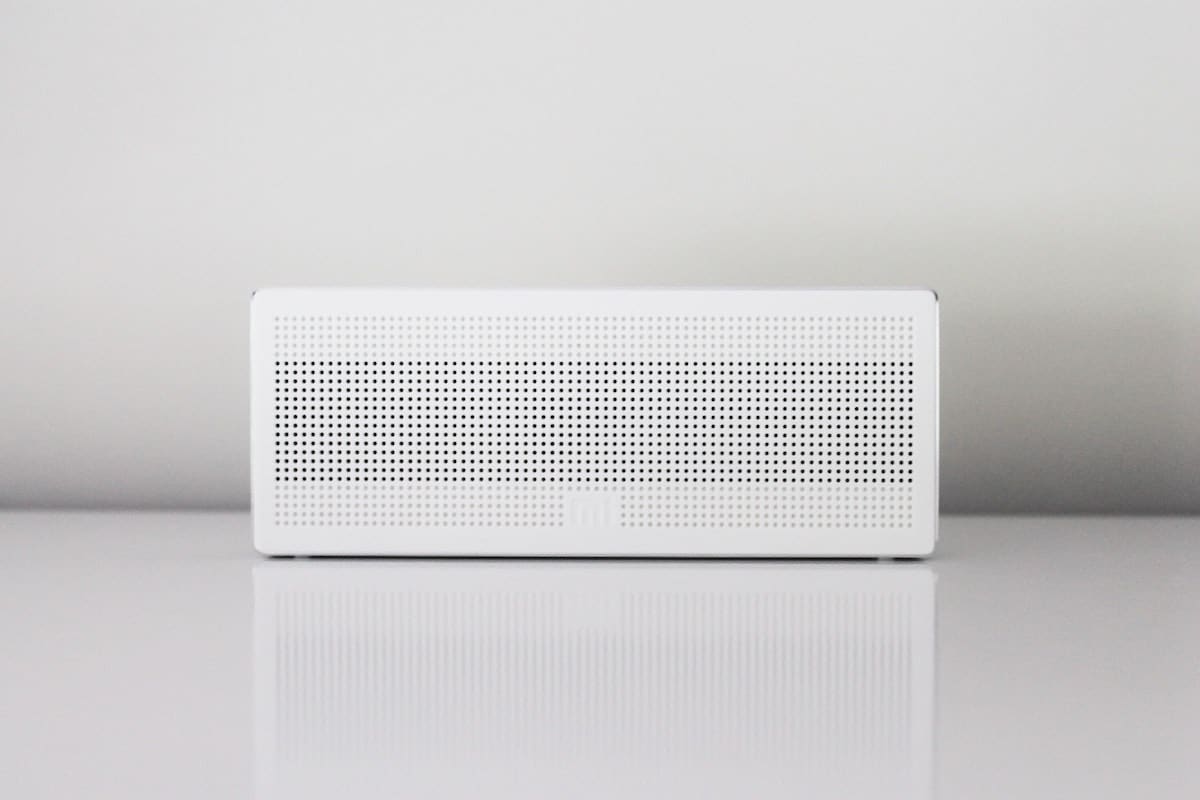Table of Contents
Many modern shoppers in Pakistan are concerned with one basic issue: how to select the appropriate cooling capacity. In other words, everyone is worried about whether or not the air conditioner they plan to buy will be able to adequately cool their space.
If you ask a salesperson this question, they will likely try to sell you the largest air conditioner possible, even though it will be unnecessary. Strangely, it is not uncommon to see customers swarm the home appliance store without a clear idea of the size they require.
You need to know the fundamentals to get a very good notion of what size air conditioner serves best according to your demands, and this will allow you to accomplish optimal cooling with the greatest efficiency. Today, we will give you a rundown of everything you need to know to select the best air conditioner for your home. Let us go right in.
Calculate Size:
If you want to know how big it is, multiply the length by the breadth of the space that needs to be cooled. Then, to get a more usable figure, multiply the sum by 25 BTU. Whether it is a hot, humid day in the sun or a cold, rainy day, this provides plenty of cooling.
Assume a room is 12 feet wide and 15 feet in length. Twelve by fifteen is equal to one hundred and eighty square feet. Multiply 180 square feet by 25 BTU per square foot to determine the minimum BTU need for youur air conditioner. That calls for a cooling capacity of 180 x 25 = 4500 BTU.
The question of whether smaller or larger air conditioners are preferable is one you may have considered. Because of the need to keep up, lower BTU appliances will operate constantly. Besides driving up your energy costs, this probably would not make the space any more comfortable, either.
Do Not Overkill:
Buying an air conditioner with a larger cooling capacity is not only more costly initially, but it can also lead to greater energy costs during the summer. A smaller AC unit will have to work harder to cool the room, which will lead to higher electricity costs and leave you with less money at the end of the month if you buy it. Consider Dayton, OH A/C repairs for the purpose. .
Sadly, most people do not think about how much space they need to cool before heading to the store to get a new air conditioner. When the unit is not left on for long enough, it can not remove enough moisture from the air, even though the temperature outside is lower. It would feel like camping in the great outdoors on a damp, misty night. In addition, a unit that is too big will turn on and off too frequently.
Take the time to figure out how many BTUs your home requires and what size air conditioner will be enough for. If you need help determining what size air conditioner you need for your home, visit www.socool.sg as you will find all the solutions to your problems at https://www.socool.sg/. It is important to keep in mind that, while too much of a good thing can be harmful, having too little is never a good thing.
Other Factors to Consider:
Your best bet for choosing an appropriate air conditioner size is to first determine how big your space is. However, your room’s heat load should be included for the most precise estimate. The heat load (or heat gain) is the total amount of heat (in kilojoules per hour) produced by all of the appliances and appliances in a given space.
One consideration is the actual size of the room. The amount of people in the space, its location, and the type and number of windows and appliances within it are also important considerations. You should start with the cooling capacity based on its size, and then factor in the following variables:
Shade:
The amount of sunshine entering a room is a major impact in how much heat it will generate. Adding 10% to the cooling demand for a space that gets direct sunshine is appropriate; if the room spends most of its time in the shadow, subtract 10% from the requirement. It is a major argument for putting up the right window coverings to cut down on energy costs.
Number of Occupants:
Even humans have a thermal signature. Therefore, it must be taken into consideration in order to obtain a true reading of the room’s thermal load.
If there are only two persons making use of the space, do not bother adjusting the numbers. However, if more than two people are using it, the energy consumption increases by 633 kilojoules per hour.


